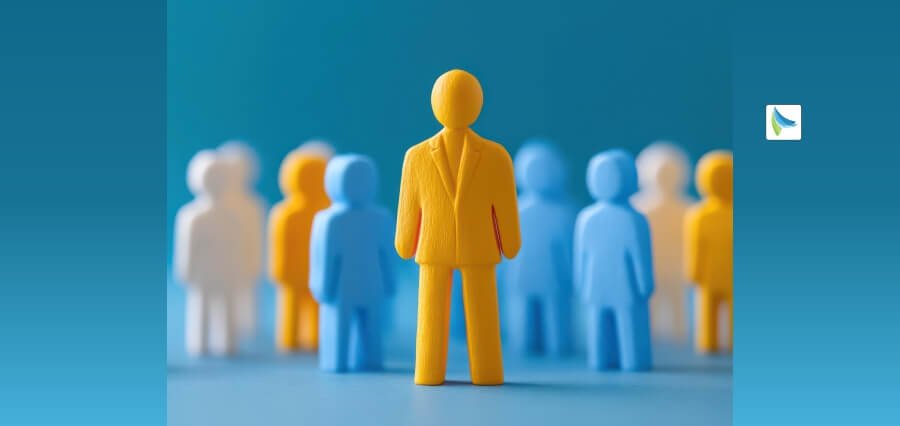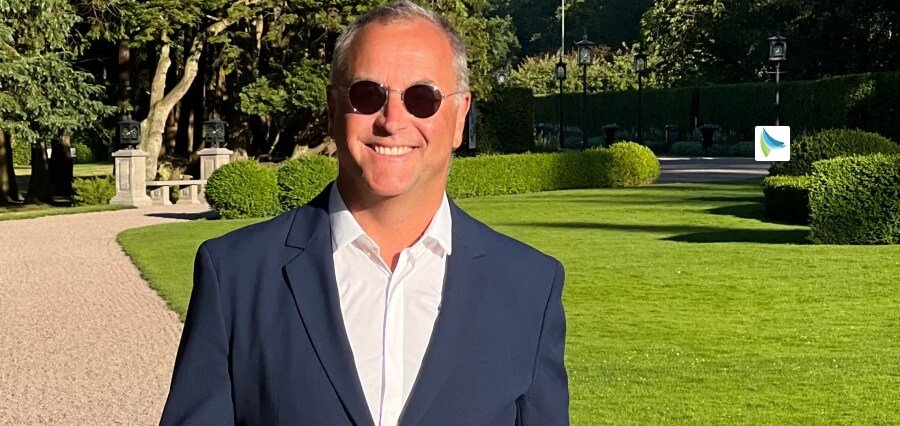Are you ready to embark on the journey of selling your iPhone? It’s not just about posting an ad and waiting for someone to snatch it up. There’s an intricate dance between psychology and strategy that can significantly impact how quickly and profitably you sell your device. Let’s dive into the emotional and practical aspects of this process, and uncover some insider tips to help you succeed.
Why Emotional Appeal Matters?
When you decide to sell your iPhone, you’re not just selling a piece of technology; you’re parting with a personal item that has been a significant part of your life. It’s crucial to recognize that potential buyers also bring their own set of emotions to the table. They’re not merely looking for a functional gadget; they’re seeking value, status, and a piece of your story.
Take a moment to reflect on the last time you saw an ad for an iPhone. It wasn’t just the sleek design or technical specs that caught your eye, was it? Often, it’s the emotional pull that makes the difference. For instance, let’s think about the word “Kardon.” Imagine a potential buyer sees a listing where your iPhone is described as “inspired by the quality of Kardon sound systems.” Instantly, that association with high-end audio quality can create a sense of luxury and exclusivity. That emotional connection can make your listing stand out and entice buyers who are willing to pay a bit more for that perceived value.
Presenting Your iPhone Effectively
When you finally decided I want to sell my iPhone, the way you present it can make or break the deal. Clear, high-quality photos and a detailed description are your best friends here. But beyond the technical aspects, think about how you can emotionally engage with your buyers.
Consider your iPhone’s backstory. Did it accompany you on a memorable trip? Was it a gift that marked a special occasion? Sharing these personal anecdotes in your listing can create a narrative that resonates with potential buyers. People are drawn to stories and often, the right story can turn a casual looker into a committed buyer.
The Magic of Pricing
Pricing can be tricky. If you set it too high, you might scare off potential buyers; set it too low, and you might undervalue your device. Here’s where understanding buyer psychology comes into play. Research shows that buyers often perceive items as more valuable when they believe they’re getting a great deal.
This is where a little trick of the trade comes in. Let’s say you want to sell your iPhone for $500. Instead of listing it directly at that price, you might price it at $525 with a “negotiable” note. This strategy can make your offer seem more flexible, enticing buyers who are drawn to the idea of negotiating. They feel like they’re getting a win by negotiating down from a higher starting price, even though the final sale price is similar.
Creating Urgency and Scarcity
One effective tactic in selling anything is to create a sense of urgency and scarcity. This doesn’t mean you should falsely claim that your iPhone is the last one available, but you can certainly use real information to your advantage. Highlight if your iPhone model is particularly popular or if you’ve had significant interest. Phrases like “limited time offer” or “only a few left” can encourage buyers to act quickly.
This psychological trigger works because people naturally fear missing out (FOMO). By suggesting that time is running out or that demand is high, you can motivate potential buyers to make a decision faster.
The Power of Negotiation
Negotiation is often where deals are made or lost. When you decide to sell my iPhone, being open to negotiation can be your best bet. Buyers love the idea of getting a deal, and showing that you’re willing to discuss price can make them feel more comfortable.
Remember the phrase “backprevious”? Imagine a scenario where a buyer is considering a previous model iPhone but is intrigued by yours. If you offer a reasonable counter to their negotiation, you might find them more willing to close the deal with you rather than continuing their search. Your flexibility can be the deciding factor.
Final Thoughts
Selling an iPhone isn’t just a transaction; it’s an emotional journey for both you and the buyer. By understanding and leveraging the psychological triggers that influence purchasing decisions, you can make your listing more compelling and attractive. Share your iPhone’s story, price it wisely, and don’t shy away from negotiation. These strategies not only increase your chances of a successful sale but also ensure that the process is as smooth and rewarding as possible.
So, the next time you think about selling your iPhone, remember these insights. Your approach to presenting, pricing, and negotiating can make all the difference in finding the right buyer and getting the best value for your device. Good luck, and happy selling!



















